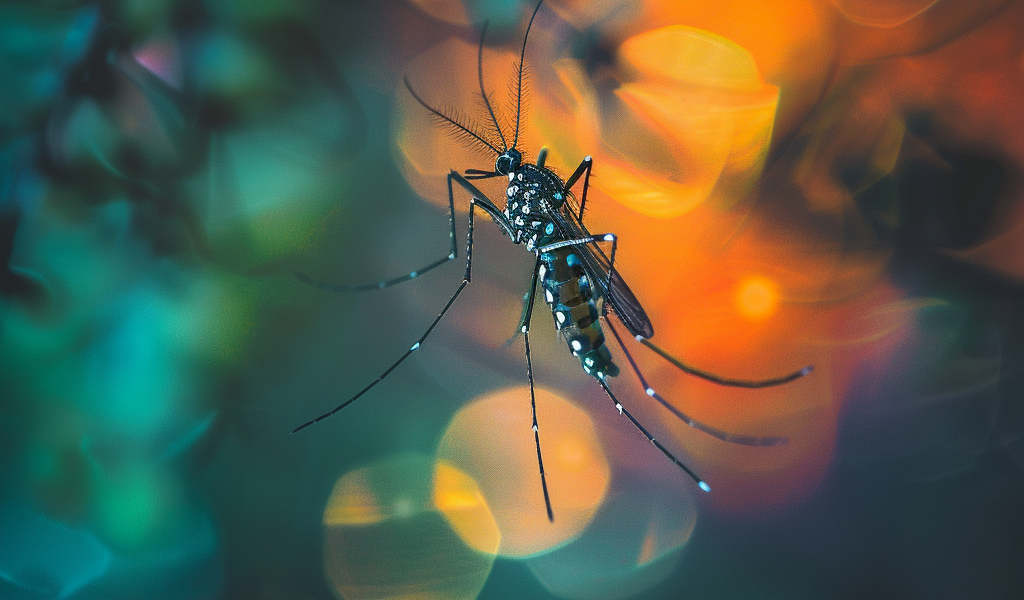Global cases of the debilitating tropical disease dengue fever are on the rise, with a number of Arab nations experiencing an increase in reported cases in recent months. Dengue fever, a waterborne disease spread by mosquitoes, is becoming more prevalent across the Middle East, even in patients with no history of travel to tropical regions.
According to the University of Washington’s Institute of Health Metrics and Evaluation, the Middle East and North Africa (MENA) region witnessed an 88% increase in cases of dengue fever from 1990 to 2019. The World Health Organization’s Eastern Mediterranean Region reported 1.2 million more incidents of the virus during the same period.
Healthcare professionals in Dubai have noted a surge in local cases. Dr. Nandkishore Mariswamy, an internal medicine specialist at NMC hospital in Dubai Investments Park, stated that there was a significant increase in vector-borne diseases in 2023, with multiple cases of local dengue spread at the end of the summer.
Dr. Ali Ahmed from the Canadian Specialist Hospital in Dubai highlighted the unprecedented nature of the situation, stating, ‘We are seeing dengue cases arising every year whereas before we didn’t see any.’
Dr. Mariswamy explained that the Aedes aegypti mosquito, which spreads dengue fever, typically thrives in warmer climates. The emergence of these mosquitoes in Dubai is unusual and may be attributed to changing weather patterns or climate change.
The World Health Organization has reported the first dengue and severe dengue epidemics in the Eastern Mediterranean region in 2019. Although the numbers of infected patients requiring care in Dubai are currently low, the steady rise in cases is a cause for concern.





